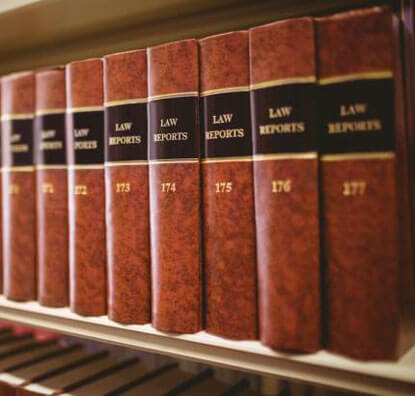Summary: The order to stop President Trump’s temporary travel ban by a Seattle judge is being taken to a federal appeals court to be argued.
As Yemeni brothers Ammar and Tareq Aquel Mohammad Aziz are reunited with their families in the United States, a federal appeals court has decided to hear arguments over the legality of President Donald Trump’s travel ban against seven countries. The temporary ban by the president to halt those from Iraq, Iran, Libya, Somalia, Sudan, Syria, and Yemen from entering the country has faced intense criticism from all corners of the world.
The hearing by the federal court will be conducted by telephone to review a lower court judge’s hold on Trump’s directive. The Justice Department is working hard to keep the order functioning while everyone from normal citizens to major tech company CEO’s are working just as hard to suspend the directive.
The Justice Department’s lawyers contend that the executive order is “a lawful exercise of the President’s authority over the entry of aliens into the United States and the admission of refugees.” U.S. District Judge James Robart’s call to halt the order was “vastly overbroad.”
Judges William C. Canby Jr., Judge Richard Clifton, and Judge Michelle Taryn Friedland will decide the future of the temporary ban. They explained that each side will have 30 minutes to present their case. The hearing will be live-streamed at 6 p.m. Eastern. Depending on the decision by the appeals court, either side’s attorneys can seek the Supreme Court’s intervention.
Federal immigration law provides power to the president to stop people and place restrictions from those entering the United States if he finds “the entry of any aliens” as “detrimental” to the country’s interests.
CEO’s from companies like Google, Apple, Facebook, Microsoft, Uber, and more believe the order “hinders the ability of American companies to attract great talent; increases costs imposed on business; makes it more difficulty for American firms to compete in the international marketplace; and gives global enterprises a new, significant incentive to build operations – and hire new employees – outside the United States.”
Trump states the reason for the 120-day ban as a way of reassessing the nation’s security. He said, “We need strong programs so that people that love us and want to love our country and will end up loving our country are allowed in, not people who want to destroy us and destroy our country.”
Do you think the temporary ban will affect business like the tech CEO’s argue? Tell us in the comments below.
To learn more about other presidential executive orders, read these articles:
- Obama Offers Tears and Executive Orders for Gun Control
- Boehner Plans to Attack Obama’s Immigration Executive Order with Lawsuit
- President Obama Signs Executive Order for Student Debt Repayment Caps
Photo: ibtimes.co.uk



































